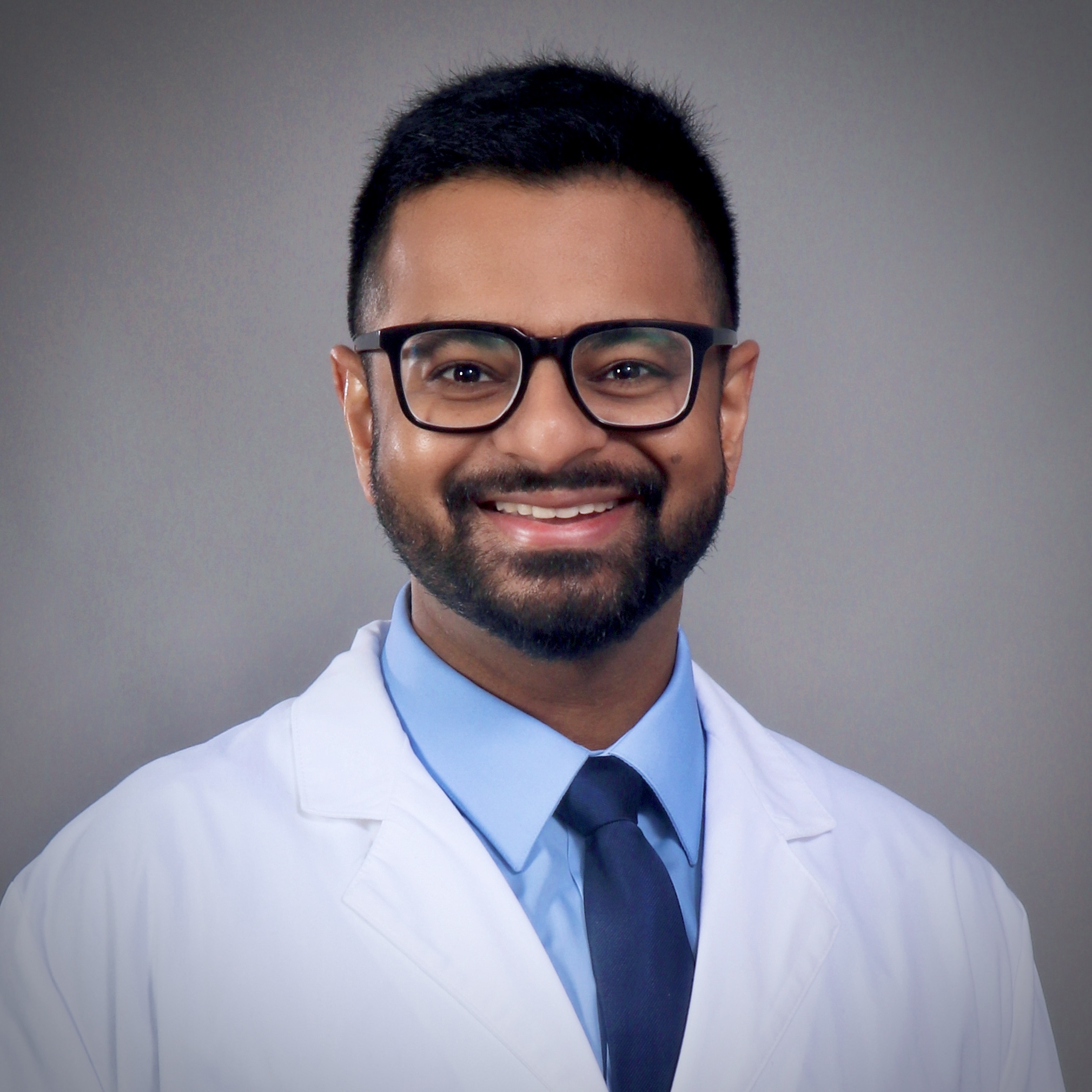QAC
- Home
- QAC
Quality Appraisal Committee
The ORG identified research in quality appraisal tools as one of the potential areas to work on, in February 2019. A working Orthopaedic Research Group - Quality Appraisal Committee (ORG – QAC) with six orthopaedicians was formed. These principal members along with experts from various other fields of medicine and allied sciences as associate members decided to hold conventions, lead research projects and work on products for quality appraisal in research in line with the goal and targets of ORG.
Principal Members

Prof. Velmurugan Kandasamy MS Ortho., DNB Ortho.,
Department of Paediatric Orthopaedics, Institute of Child Health, Egmore, Chennai, Tamil Nadu, India.
Dr. Kumar Sellappan MS Ortho.,
Department of Orthopaedics, Government Dharmapuri Medical College Hospital, Tamil Nadu, India
Dr. Hemantha Kumar MS Ortho.,
Department of Orthopaedics, Government Dharmapuri Medical College Hospital, Tamil Nadu, India
Dr. Thiruvenkita Prasad MS Ortho.,
Apollo Speciality Hospitals, Chennai.
Dr. Sathish Muthu MS Ortho.,
Orthopaedic Research Group, Tamil Nadu, IndiaAssociate Members

Dr. Seenivasan Poikaialwar MD.,
Department of Social & Preventive Medicine, Stanley Medical College, Tamil Nadu, India.
Dr. Senthil Kumaran MD.,
Department of Paediatrics, Government Thoothukudi Medical College Hospital, Tamil Nadu, India
Dr. Natarajan MS., FLS.,
Sanjay Hospital, Palani, TamilNadu, India
Dr. Sayee Sundar Alagusundaramoorthy MD.,
Institute of Interventional Nephrology,University of Kentucky, Lexington USA
Dr Hari Krishnan Nair
Clinical Assistant Professor, Western Michigan University Homer Stryker School of Medicine.
Dr. Kirubanand Senniappan MD., DM.,
Department of Anaesthesia, Narayana Health Care, Bengaluru, Karnataka, IndiaPublications
Analysis of Reference Practices among Practicing Orthopaedicians in India
Analysing Spin in Abstracts of Orthopaedic Randomized Controlled Trials with statistically insignificant primary endpoints
Fragility Analysis of Statistically Significant Outcomes of Randomised Control Trials in Spine Surgery - A systematic review
Reply to the Letter to the Editor Regarding "Fragility Analysis of Statistically Significant Outcomes of Randomised Control Trials in Spine Surgery A systematic review”
Systematic Reviews and Meta-Analysis in Spine Surgery-How Good Are They in Methodological Quality? A Systematic Review
ORG – QAC Convention June 2019
Spin in research articles was the subject of the convention.
A literature review on the spin in research articles was presented.
Proposal for a cross-sectional Knowledge, Attitude and Practise (KAP) survey on the On-The-Go Reference Practices (OTG-R) among practicing Orthopaedicians was approved.
Proposal to develop a grading system for randomized control trials based on the spin as a utility tool for clinicians was approved.
ORG – QAC Convention Jan 2020
Results of the OTG-R survey and a grading system for RCTs based on spin in abstracts were analysed.
A consensus on the negative impact of spin in research articles on practising orthopaedicians and the need for a grading tool for spin in RCTs was achieved.
Motion to approve the proposed grading system of RCTs based on spin in abstracts interpreting it as Level Of Confidence (LOC) in RCTs (after changes as per the expert recommendations) was passed.
Research proposals to evaluate the LOC in RCTs in sub-specialities of Orthopaedics were approved.
ORC – QAC Convention June 2020
Results of evaluation of spin in the RCTs in sub-specialities of Orthopaedics were presented.
Concise Objective REport (CORE) recommendation to replace the abstract was formulated and approved.
CORE Recommendation
CORE Recommendation
▪ Formulation of CORE recommendations is complete.
▪ Validation of the CORE recommendation is in process.
▪ If you an epidemiologist or a researcher interested in making the research methods objective and willing to be a part of QAC to validate the CORE recommendations,
please mail us at - research@orthopaedicresearchgroup.com
A member from CORE steering committee will get in touch with you.
ORG – QAC Convention Jan 2021
Identification of CONSORT adherence of the RCTs was the theme of the year.
Methodology to analyse the CONSORT adherence was presented.
Protocol was approved by the committee.
ORG – QAC Convention June 2021
Results of the study evaluating the CONSORT adherence of the RCTs in spine surgery and sports medicine was presented.
Methods to improve the CONSORT adherence was discussed.
ORG – QAC Convention Jan 2022
Reliability of the research impact measurement tools was the theme of the year.
Methodology to analyse the reliability of the individual research impact gauging tools commonly employed in the research community was presented.
Protocol was approved by the committee.
ORG – QAC Convention June 2022
Results on the analysis of the reliability of the research impact gauging tools commonly employed in the research community was presented.
Methods to improve their calculation of research impact was discussed.
Communication was made to the individual tool formulators for the lacunae identified through this evaluation and suggestions of the ORG-QAC to improvise their tools were conveyed.
